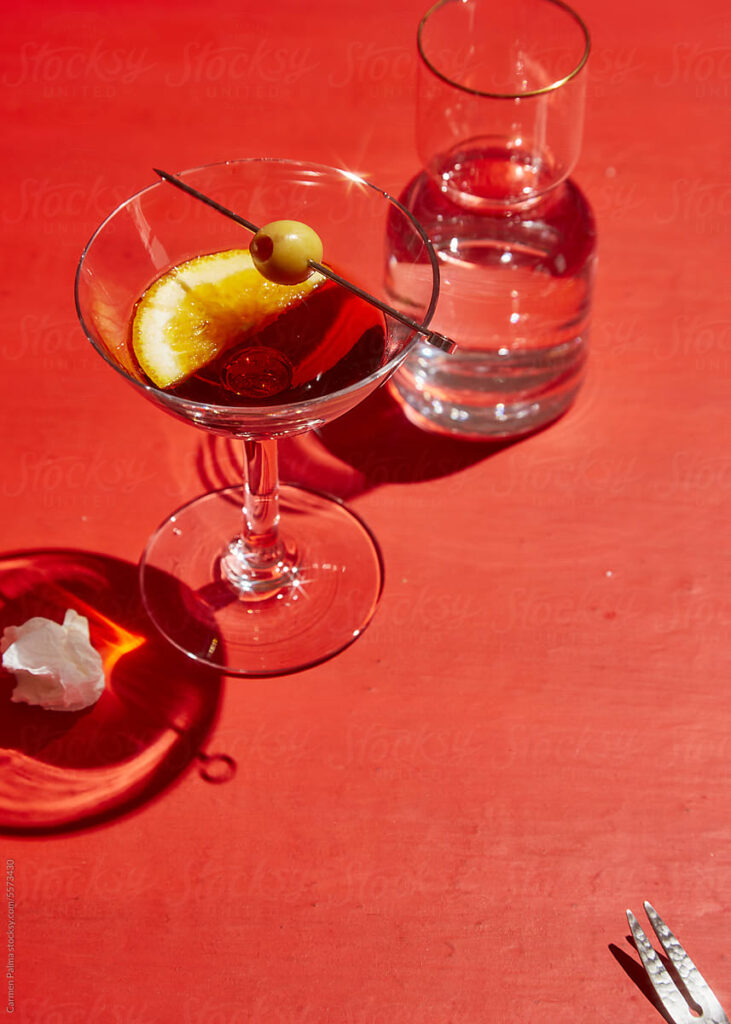Mini wine bottles’ construction material is a vital aspect of determining the product’s ability to perform well and how long it will last before being discarded by the consumer. Companies involved in mini wine bottles bulk investing must keep in mind that material choice is a key determinant of the wine quality and the overall consumer experience. The right materials not only make the bottles last longer but also add to the safety and environmental appeal of the bottles.
Common Materials Used:
-
Glass
Mini wine bottles are mostly made of glass because it is an inert material that does not affect the taste of wine. It is opaque; this prevents outside influences such as light and air from getting to the wine, which will ruin the drink. Glass is also used in packaging wine since it gives the container a classy, high-class touch. Moreover, it is a very recyclable material, thus making it an eco-friendly material if properly used.
-
Plastic
Plastic is long-lasting and flexible, thus suitable for transportation and most outdoor activities.

It is cheaper and lighter than glass but does not solve the problem of preserving the wine as effectively as glass does, which means that it can only be used for high-end wines.
-
Aluminum
Aluminum is another material that is fast becoming popular for mini wine bottles. It is very light and strong, thus can be widely used for packaging and has a very aesthetically pleasing look. Just as with the plastic, aluminum is less likely to break, and therefore ideal for events, festivals and travels. It also has added advantage of being highly recyclable, thus meeting the green trends in packaging.
Material Selection for Bulk Orders:
When choosing materials for mini wine bottles in bulk, some of the things that need to be considered include the strength, elasticity and safety measures. A major requirement for these bottles is that they should be strong enough to prevent them from breaking during storage, handling or even during transportation.
- Durability is essential for ensuring that the bottles do not break during storage, handling, or transport. For instance, it is easier to protect the wine from chemical interaction with the glass than when using other materials.

- The flexibility of packaging is required because some businesses need to have a unique design or use bottles for advertising. Plastic and aluminum are easier to shape or resize in comparison to a glass that opens more possibilities in branding.
- The last aspect that should be considered is safety standards, especially if the wine bottles are to be stored or transported in fluctuating temperatures and conditions. Glass provides better containment for the preservation of the taste of the wine, as well as longevity, than the plastic may require health and safety certifications.
Conclusion:
Mini wine bottles’ selection of materials altogether defines product quality, aesthetics, and sustainability. The properties of glass, plastic, and aluminum help businesses to make informed decisions when placing an order in large quantities. Choosing the right material with regard to durability, flexibility, safety requirements, and environmental impact will help companies improve the value for the customer and optimize operating costs.

